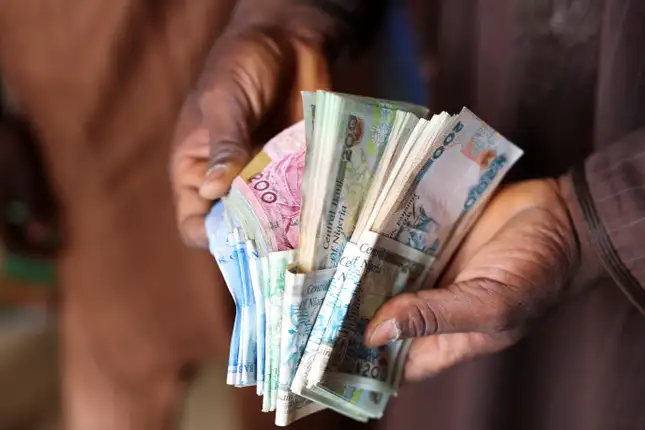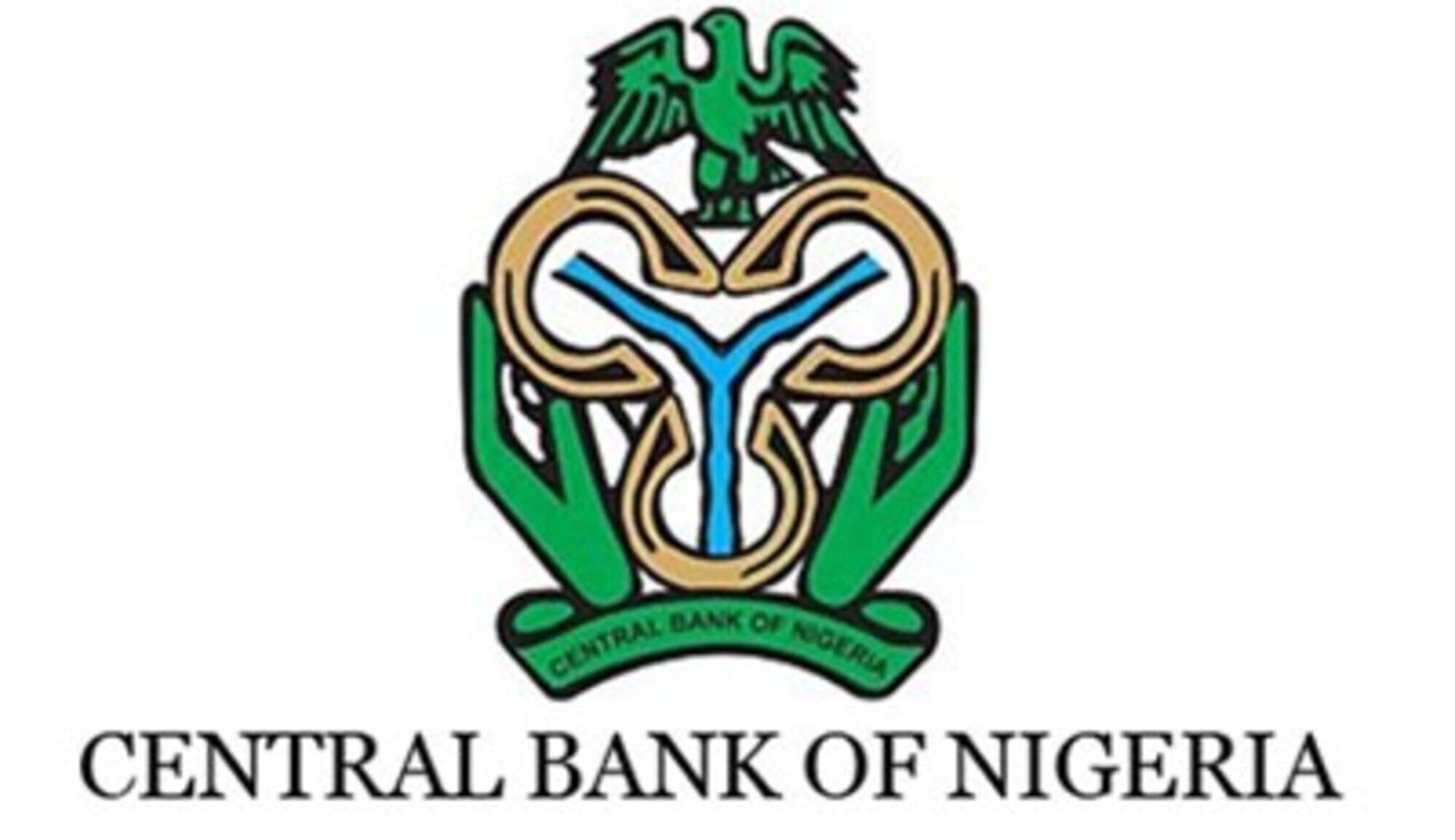The Nigerian naira made gains against the US dollar last week, both at the official and black market levels. According to data from the Central Bank of Nigeria (CBN), the naira appreciated by ₦32.38 against the dollar between May 30 and June 5, 2025.
The official exchange rate moved from ₦1,585.50 to ₦1,553.12 per dollar. This marks a 2.04% improvement in the local currency’s value within just five trading days.
In the parallel market, the naira also performed better. It appreciated by ₦35, moving from ₦1,625 to ₦1,590 per dollar. This rise across both markets shows positive momentum in Nigeria’s ongoing currency reforms.
The Central Bank of Nigeria has been working to unify the country’s multiple exchange rates. Since the beginning of 2024, it has also reduced its direct intervention in the forex market, allowing more market-driven rates.
Analysts say this strategy is helping to restore investor confidence and attract foreign exchange inflows. Remittances from Nigerians abroad and increased export revenues are also supporting the naira’s recovery.
CBN Governor Says Naira Is Becoming Regionally Competitive
CBN Governor Olayemi Cardoso said the apex bank’s reforms are improving the naira’s strength and role in West Africa.
“The naira has evolved into a competitive payment system within the West African region,” Cardoso stated recently.
He also said the bank is committed to maintaining a stable exchange rate environment. This involves reducing inflation and improving dollar supply through remittances, export proceeds, and foreign direct investments.
Caution Still Needed Despite Gains, Expert Warns
Despite the current rebound, some economists say the naira is still undervalued. Economist Bismarck Rewane said the currency is 26.82% below its fair value.
Rewane, Managing Director of Financial Derivatives Company, said this during the Lagos Business School Breakfast Club session.
“The naira is still undervalued, even though it has rebounded,” he said. He urged continued caution and focus on long-term macroeconomic stability.
The Central Bank is still working to build confidence in the economy. Interest rates have remained high, and inflation continues to challenge household incomes.
Investors are also keeping an eye on Nigeria’s external reserves, which are crucial for maintaining exchange rate stability. Recent efforts to improve oil production and increase non-oil exports could further strengthen the naira.
If you’re shopping for essential economic textbooks or financial management tools, check out this Amazon finance selection or explore this foreign exchange guide to deepen your understanding of forex markets.
Rate, Like 👍, Comment, share this article and Follow us on our social media handles.







